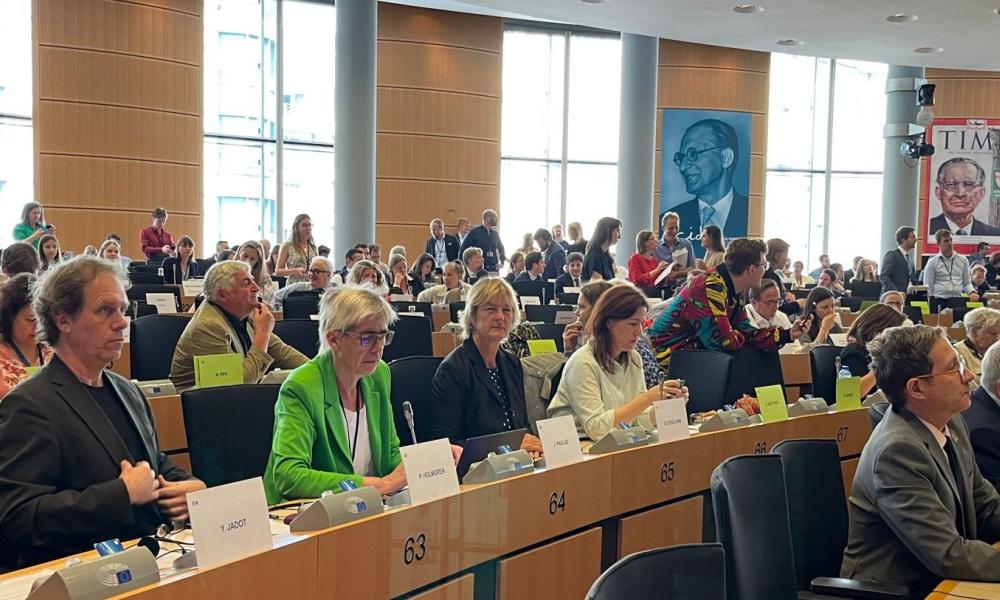European Parliament Environment Committee fails to reach agreement on Nature Restoration Law

The vote now moves to the entire European Parliament in July. The landmark legislation to set binding targets to halt the collapse in biodiversity has come under fierce opposition from the conservative EPP Group in recent weeks, with pro-Nature Restoration MEPs compelled to give up their vote.
The European Parliament’s Committee on Environment, Public Health and Food Safety today (27 June) failed to reach an agreement on the Nature Restoration Law today with a vote split 44 in favour and 44 against. The legislation aims to return the majority of Europe’s damaged habitats and ecosystems to favourable status in the coming decades. As a result, the legislation will be tabled for the entire European Parliament in July, with progressive MEPs putting forward an agreed compromise proposal to get the legislation over the line.
The Nature Restoration Law proposes to restore 20% of all EU land and sea areas to favourable status by 2030 with specific targets for various ecosystems. The proposal had come under fire from Manfred Weber’s conservative EPP Group, who had compelled their pro-Nature Restoration MEPs to give up their votes to more conservative Members. In Plenary in July, all MEPs will vote.
Green Party MEP Grace O’Sullivan, who holds one of the two Irish seats on the Committee, voted in support of the Nature Restoration Law saying it was “one of our last chances to show if the EU is a leader or a loser in halting the precipitous decline of biodiversity in Ireland and beyond.”
The legislation includes, among other measures, the restoration of all damaged by marine habitats (over 80% of which are in unfavourable status in Ireland), restrictions on shrinking urban green space, the voluntary rewetting of drained peatlands and the restoration of 25,000km of blocked rivers to free-flowing status.
Speaking from the European Parliament in Brussels, MEP O’Sullivan said:
”In a period where we are losing healthy habitats and animal populations at a rate of knots, it is vital that we get a more ambitious outcome in the plenary vote in July. We know that biodiversity collapse immediately threatens nature and agriculture, it is unacceptable for political leaders to choose to do nothing.”
Green Party MEP for Dublin, Ciarán Cuffe said:
“This is a real setback for nature, the climate, and the European Green Deal. However, the proposal remains to be voted on later this month at the Plenary session of the Parliament in Strasbourg, and I am hoping that more progressive voices will succeed. Strong ecosystems can guarantee long-term food security and protection against droughts and other natural disasters for everyone living in Europe. The Plenary vote is the one that counts.”
A rejection in the Committee of a legislative proposal this significant is unprecedented in the European Parliament’s current mandate. The European Commission’s original proposal will still be voted on by the entire Parliament in July and a coalition of progressive groups will table an agreement to get the legislation over the line seeking the help of pro-nature conservative MEPs.


